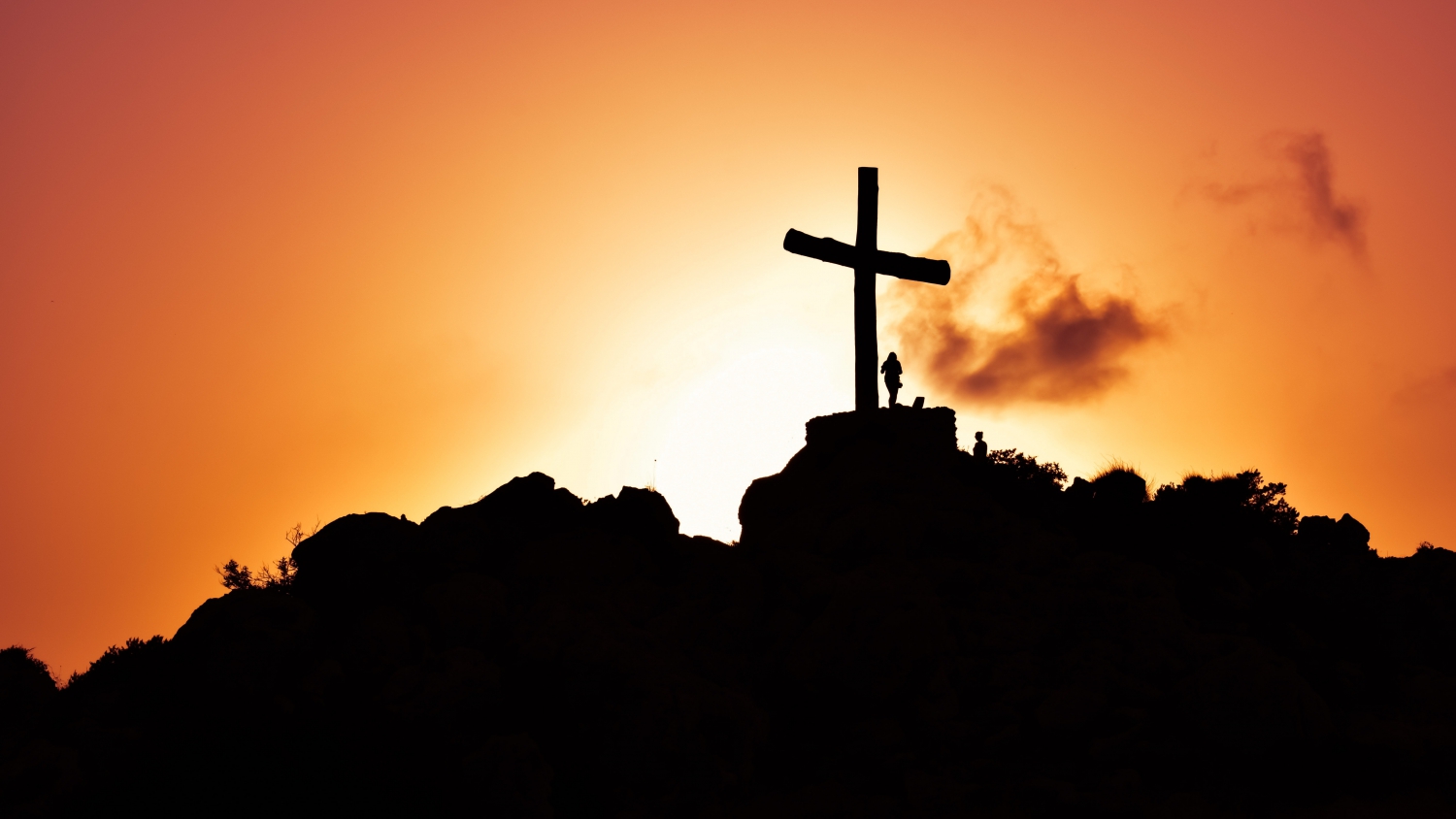Religious tourism in Zimbabwe
AS we are scratching our heads about what awesome things we have in this country that we can package for tourism, our beliefs and the tangible objects and places that represent or express them come to mind.
There is no way anybody can truly understand us without understanding our belief systems. Our beliefs determine the things we do, how we do them and the reasons behind all our actions. Religious tourism is a means to share our beliefs with the world.
As is the case in many other societies, Zimbabwe’s religious profile is syncretic.
Apart from the shared ethos that we all identify with as a nation and perhaps an African society, we obviously do not share the exact same religious beliefs. What is apparent, however, is that generally the various religions acknowledge the existence of a universal deity known by different names.
The essence of religious tourism is not to try to convert visitors to specific religions but to enable them to explore and have an understanding of such religion. This fact should always be borne in mind so as to avoid insistences or claims that may offend the visitors.
Put in other words, visitors should never be made to feel as if their own faith is under attack or that the host is claiming that the religion being presented is the right one or is superior to the rest. The diversity of religious beliefs and practices in the past and present lives of Zimbabweans presents us with vast opportunities for developing tourism products around them in their intriguing contrasts.
Christianity has extensively influenced the lifestyles of many people in Zimbabwe and its footprints can be traced across the country through the infrastructure that came into existence through the perpetuation of the work of God. Christian denominations themselves differ tremendously and unpacking the points of difference to visitors could be a big learning experience to them.
Tracing the very entry and development of Christianity in Zimbabwe can also take people to different places across the country and yield an unforgettable experience. Large Christian pilgrims do take place in Zimbabwe and such can be leveraged for tourism.
Islam is one of the contemporary religions in the country and it has its own narratives and physical structures that can easily engage the visitor. Before the advent of such religions as Christianity and Islam in Zimbabwe, natives already harboured their own religious beliefs, which were observed and adhered to with reverence.
Such beliefs gave birth to certain shrines, artefacts and practices, some of which can be seen today. Some of the intangible heritage emanating from those pre-missionary religions include songs, dances, rituals and values. Dances such as Wosana and Amayile among others were for specific occasions and done by specific groups of people. Unpacking the religious ceremonies and rituals associated with specific religions to visitors can form an exciting and highly educative experience.
Some of the shrines across the country had or are still believed to have links to one another or seniority ranks in much the same way as the priests operating at each of them. Some shrines were used for specific purposes such as rain making, political administration, healing, family and individual matters. Such links may be traced for purposes of packaging religious sites for tourism, thereby yielding smooth-flowing and complete narratives.
Such sites as Njelele, Zhilo, Dula, Izibunu Zabavana and Bembi in Matopos, Chibwatata Hot Springs in Binga and Dombo RaMwari would make quite interesting components of religious tour packages. Again it is important to note that touring such sites without observing the rules can lead to desecration of such places and that is undesirable.-sundaynews.co.zw








